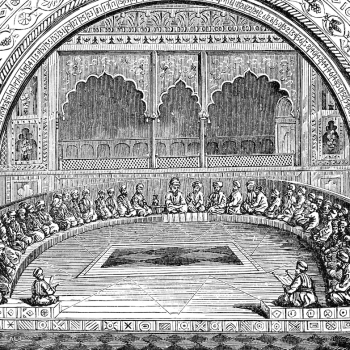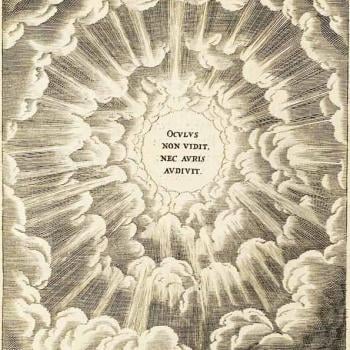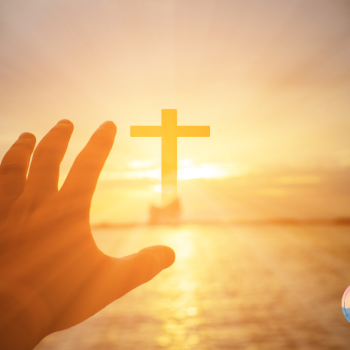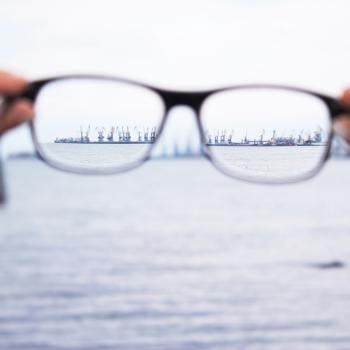Another recurring trend is for more Muslim-Jewish dialogue groups to be coordinated on a civic level, Loskota said. In addition, the National Weekend of Twinning was a new kind of event in that it happened on such a grand scale.
Indeed, optimism seemed to well within the halls of Temple Emanuel during the Weekend of Twinning kickoff event, as local and national leaders made grand statements about the need for Jews and Muslims to work together to fight stereotypes.
"The truth is simple," said Usman Madha, community liaison for King Fahd Mosque in Culver City. "We can work together or somewhere down the line we can perish together.
"Let this be the beginning and not the end. Inshallah, (God willing) we'll move forward."
Still, tension among some of USC's Jewish and Muslim students has increased following the Gaza invasion. The university's Students for Justice in Palestine chapter organized a protest against the Gaza invasion in early February. Later in the semester, it protested the separation barrier and called for divestment from Israel. The campus' USC Students for Israel responded with counter-protests during those events and hosted a celebration of Israel's anniversary in late April, which Students for Justice in Palestine protested.
"My take away from that day and those rallies was that protests are really only good for gaining attention and publicizing an issue, but they're really bad for explaining the issues or controversies," Jewish student Nili Schneidman said about a week after a protest during the Gaza invasion.
As Muslims and Jews continue to ponder ways to engage in dialogue at USC, some participants in the Olive Tree Initiative trip believe the organization gives them hope for improved relations at UCI. The group's efforts also appear to have brought about at least one small change in Israel and Palestine. Ali Malik recalls how the group met with an Israeli settler in the summer of 2008 who was particularly moved by his conversation with the group. The settler, who lived near Bethlehem, later was introduced to a Palestinian activist who lived in the area, and he learned that the Palestinian had never been to the beach. The settler talked to his brother, an official in the Israeli Defense Forces, who got the man a permit to cross into Israel and visit the ocean.
Other worldwide dialogue efforts also seem to be having an effect. For example, Weekend of Twinning organizers plan to expand their campaign into Europe this year and will include about nearly 100 synagogues and mosques, up from about 50 last year. Program coordinator Walter Ruby hopes to get even more pairs of Muslim and Jewish groups to participate. The theme for this year's Weekend of Twinning campaign, slated to take place from Nov. 13 to 15, is "Building a Common Agenda." Ruby said the Gaza invasion was a temporary setback, but most of the Muslims and Jews involved in the campaign expressed a desire to move forward even as the invasion was taking place.
"The people were really moved," he said of last year's Twinning participants. "There was kind of a joy of mutual discovery."
Ruby expressed hope that American Muslim-Jewish relations ultimately could serve as a model for residents of Israel-Palestine. In the meantime, many changes are happening across the U.S. on a smaller scale. Ramin Nematollahi, who has participated in New Ground, said he has been able to expand his perspective through participation in the group, which works predominately with Jews and Muslims in their 20s and 30s. He noted that he no longer has certain stereotypes of Jewish people. For instance, he did not realize the diversity of Jewish opinions regarding Israeli policies until he joined the group.
"Not only were my misconceptions shattered, but also the foundations were shattered," he said.
Such individual transformations may sound insignificant in light of the conflict facing Jews and Muslims in the Middle East today, but dialogue advocates hope these varied encounters will contribute to a more peaceful planet.
President Obama expressed those hopes when he spoke at the National Prayer Breakfast in February. He said the U.S. must reach out to leaders and scholars around the world to foster peaceful dialogue regarding faith:
I don't expect divisions to disappear overnight, nor do I believe that long-held views and conflicts will suddenly vanish. But I do believe that if we talk to one another openly and honestly, then perhaps old rifts will start to mend and new partnerships will begin to emerge. In a world that grows smaller by the day, perhaps we can crowd out the destructive forces of zealotry and make room for the healing power of understanding.
President Obama put that rhetoric into action on March 20 when he sent a Persian New Year message to the people and leaders of Iran.
In the end, it may not be possible to say quantitatively whether Muslim-Jewish dialogue events and groups enhance overall world peace, Loskota said.




